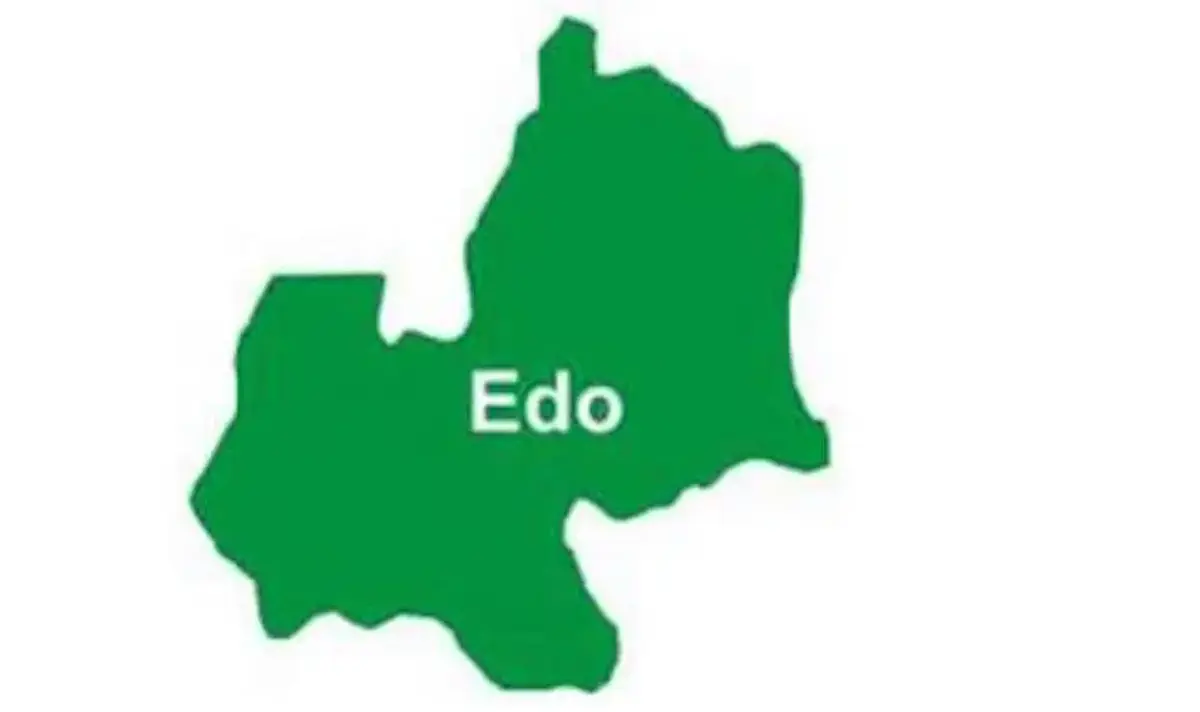By Chimezie Godfrey
As the nation inches closer to the conduct of the 2023 general election, the Independent National Electoral Commission, INEC, has promised the judiciary to abide by Court orders in electoral matters.
The Chairman, INEC, Prof. Mahmood Yakubu gave the assurance at the Capacity Building Workshop for Justices and Judges on Electoral Matters held at the National Judicial Institute Abuja, on Monday.
Yakubu recalled that prior to the 2019 General Election, a similar workshop was held in which the Commission interacted with the judiciary on the adjudication of post-election disputes, adding that theworkshop in no small measure led to a better appreciation of the electoral processes, reduction in the spate of conflicting judgements as well as consequential reduction in the number of elections nullified and/or overturned after the election.
He expressed gladness that the judiciary and the Commission are once again collaborating on the eve of the forthcoming General Election, and therefore express profound appreciation to the Chief Justice of Nigeria, Hon. Justice Olukayode Ariwoola GCON, and other heads of courts for the sustained collaboration with the Commission.
Yakubu assured that the Commission would abide by Court orders on all electoral matters.
He said,”I wish to reassure the judiciary that the Commission will continue to abide by Court orders. However, strict adherence to stare decisis is critical for us as an Election Management Body.
“A situation where a trial Court sought to vary the judgement of the Supreme Court by ordering the Commission to issue a Certificate of Return in favour of a candidate whose emergence during the party’s primary election has been nullified by the apex Court (and affirmed by the same Court following an application for clarification) put the Commission in a difficult situation.
“The matter is currently being litigated again, possibly all the way back to the Supreme Court, thereby wasting the precious time of the Courts which are already inundated by even the most improbable cases by litigation-happy individuals and parties.
“Before I conclude my remarks, may I acknowledge the support of all our development partners in supporting this capacity-building workshop in particular and deepening the democratic processes in Nigeria.
“My Lord the Chief Justice of Nigeria, distinguished ladies and gentlemen, I wish you successful deliberations and God’s infinite wisdom and blessings. The job of the politician is intensely partisan. Our work (the judiciary and INEC) requires absolute neutrality. We will not disappoint Nigerians.”
Earlier, the INEC Chair noted that the workshop could not have come at a better time.
“It is exactly 109 days to the 2023 General Election holding in two phases: national elections (Presidential and National Assembly holding on 25th February 2023) and State elections (Governorship and State Assembly holding on 11th March 2023).
“The Election will be held in 1,491 constituencies made up of 1 Presidential Constituency, 28 Governorship elections, 109 Senatorial Districts, 360 Federal Constituencies (House of Representatives) and 993 State Constituencies (State House of Assembly). Most significantly, it is the first General Election since the repeal of the Electoral Act 2010 (as amended) and its re-enactment as the Electoral Act 2022.
“Over the next four days, ten papers will be presented and discussed by eminent jurists, lawyers and election experts. There will also be an interactive, experience-sharing session on pertinent issues in the determination of election disputes presided over by the Honourable President of the Court of Appeal.
“I have no doubt that this workshop will enhance the understanding of INEC’s processes, especially the innovations introduced pursuant to the enactment of the Electoral Act 2022 which came into force on 25th February 2022,” he said.
Yakubu pointed out that the new Electoral Act contains eighty new provisions intended to improve “our elections and address some of the lacunae in the repealed Electoral Act 2010 (as amended), provide legal backing to the technological innovations introduced by the Commission overtime and the extension of timelines for the nomination of candidates and for other electoral activities”.
He also noted that the new Electoral Act confers exclusive jurisdiction to hear pre-election cases on the Federal High Court with regard to candidate nomination in order to reduce forum shopping by litigants, abuse of court process and reduction in the spate of conflicting judgements by courts of coordinate jurisdiction.
Yakubu expressed confidence on the elaborate steps taken against conflicting judgement by Courts of coordinate jurisdiction Lord the President of the Court of Appeal.




